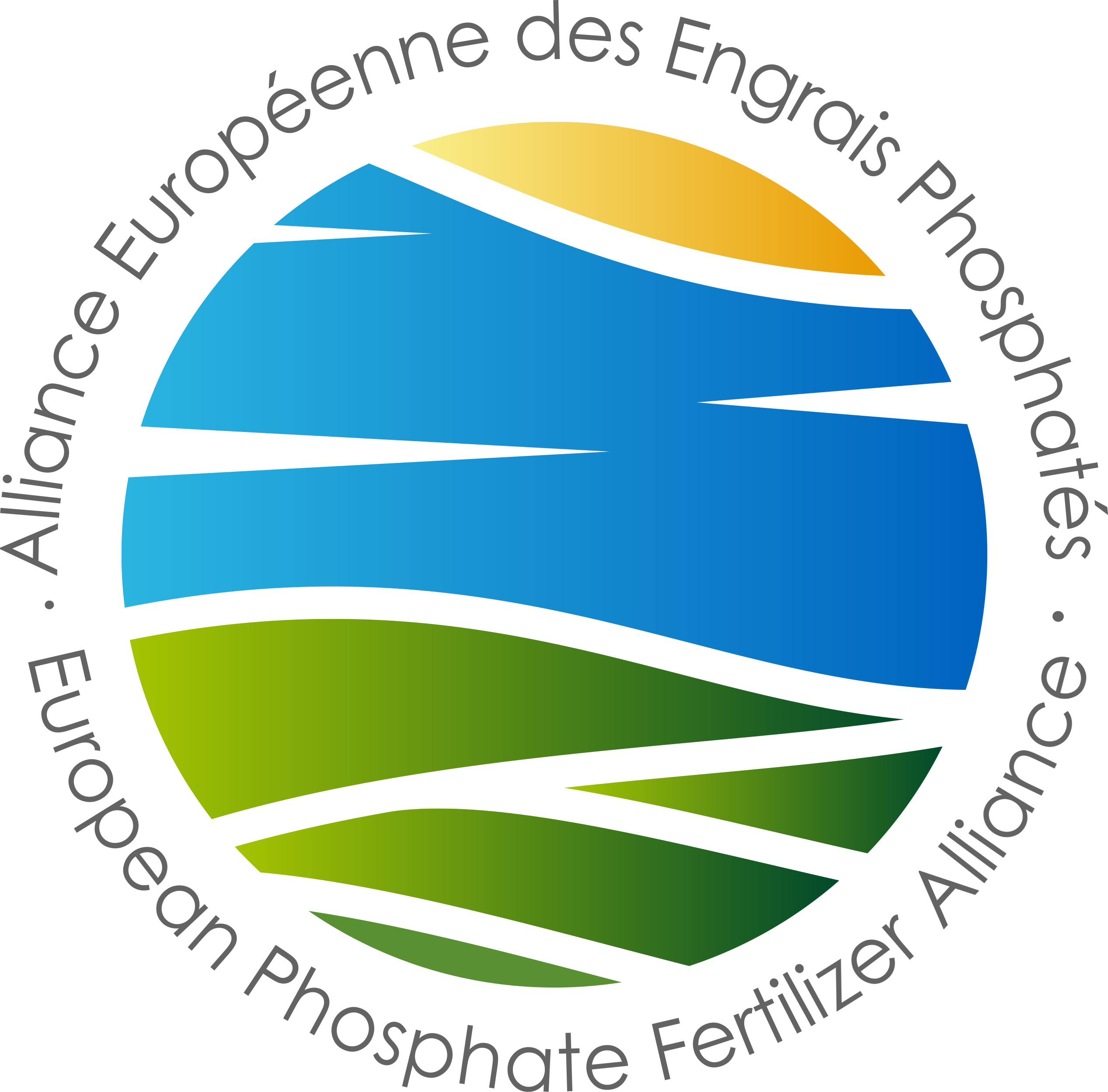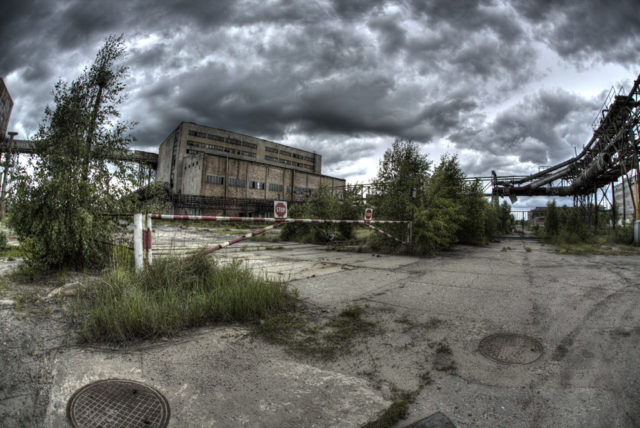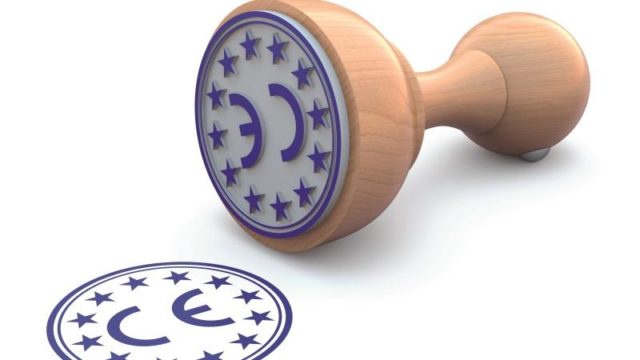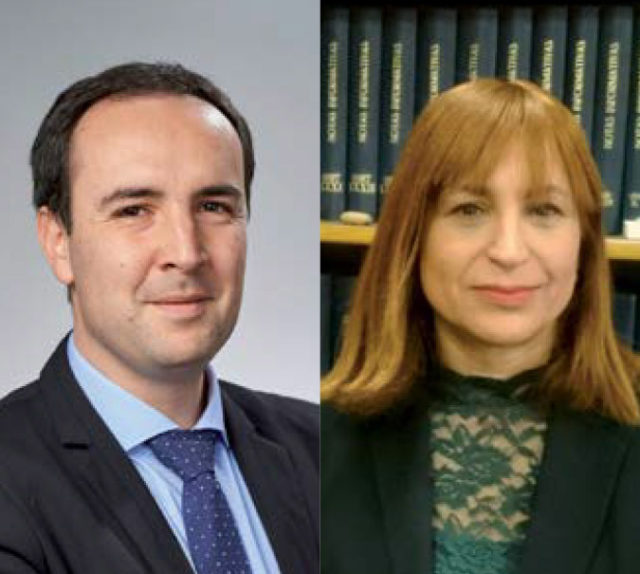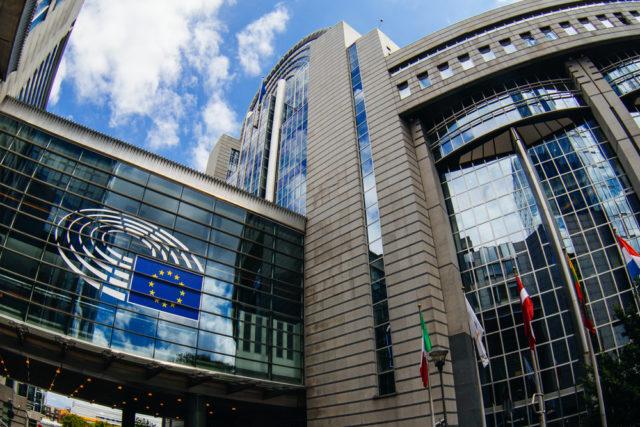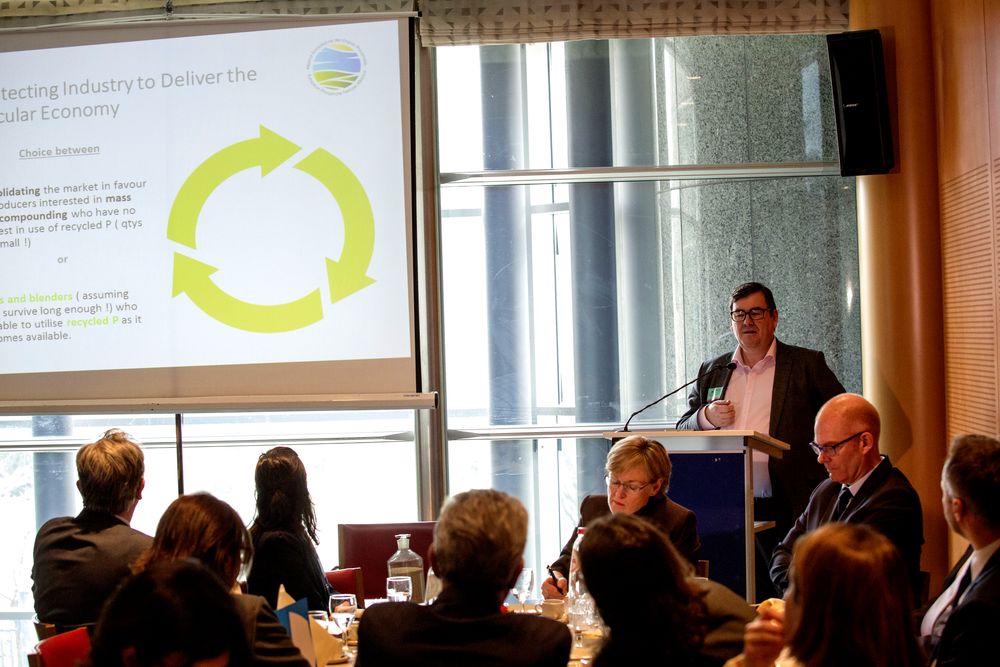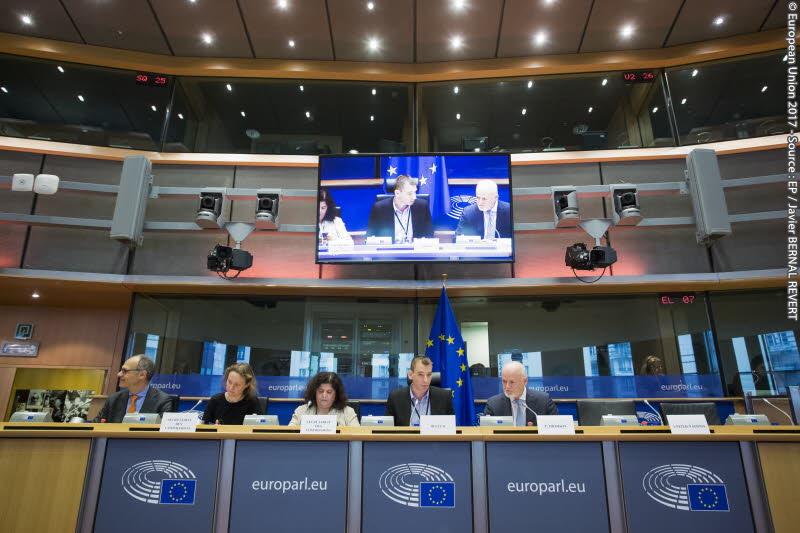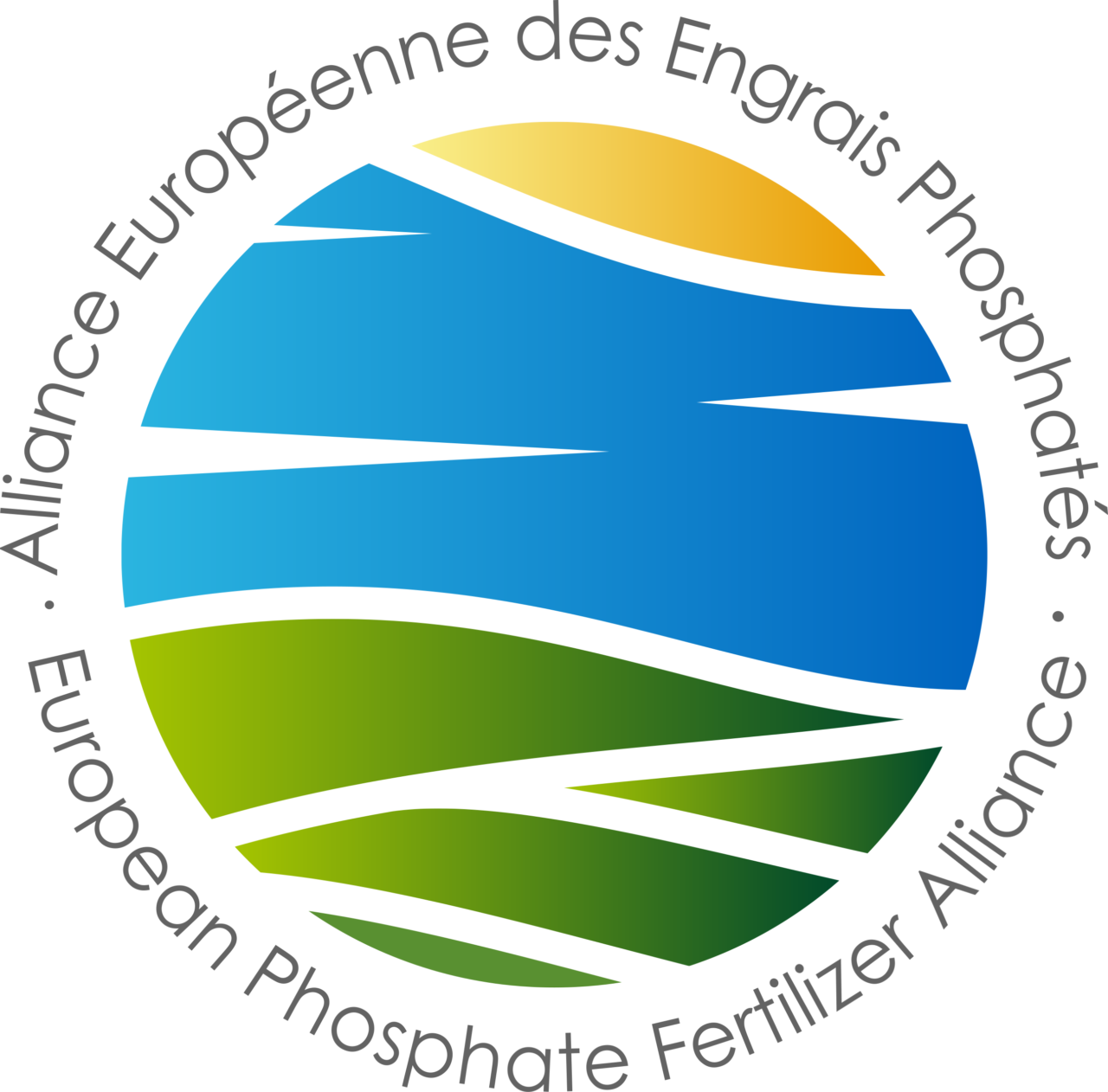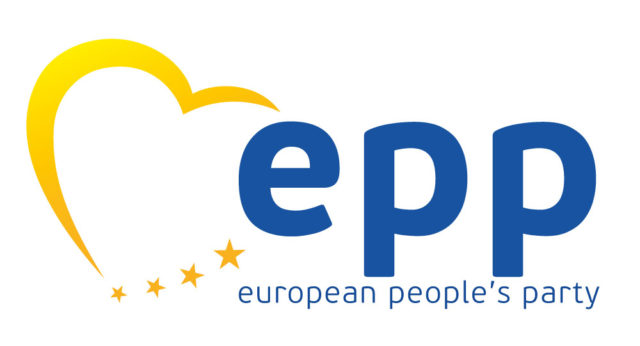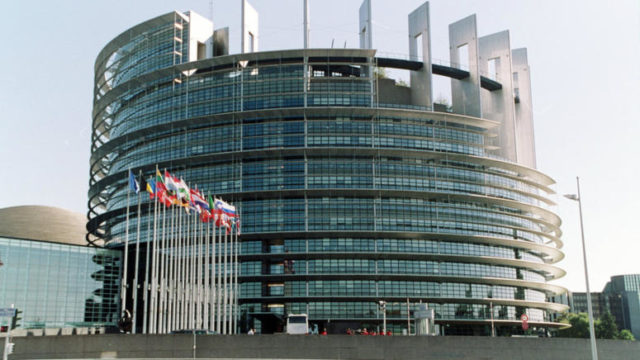The AEEP is dismayed with the radical result of today’s vote on cadmium limits in the European Parliament’s ENVI Committee. By setting unattainable goals, the ENVI Committee effectively voted for the destruction of the European phosphate fertilizers industry. Not only will these limits lead to the disappearance of an entire EU industry, but they will drastically increase EU dependency towards Russia for a critical material needed for EU food security, and will severely impair the already fragile economies of North African countries reliant on phosphate rock exports. AEEP urges the European Parliament to overturn this unfortunate result during its Plenary Session in the fall. A limit of 80 mg will secure the achievement of all related objectives of the European Union, including health and environmental, geopolitical, industrial, and agricultural. Any lower limit will result in structural weakening of the European Union.
Warning: count(): Parameter must be an array or an object that implements Countable in /wp-includes/post-template.php on line 284
Public Advocacy
In today’s “The Parliament Magazine”, two Members of the European Parliament call on their colleagues from the ENVI Committee to adopt reasonable limits on cadmium.
ENVI Rapporteur from the EPP, Italian MEP Elisabetta Gardini calls on her colleagues from the ENVI Committee to adopt limits that are based on sound assessment of risk. She also notes that levels of cadmium in soils are already falling and limits much higher than those proposed by the European Commission would achieve further reductions. Finally, she notes that precision agriculture, which limits the amount of fertilizer used only to that specifically need by the very plants cultivated would be the most effective way to reduce cadmium in soils. The AEEP fully supports Rapporteur Gardini in her assessment.
Read article
In two separate publications, the AEEP calls on ENVI Members to adopt a limit of cadmium in fertilizers of 80 mg.
Brian Johnson from “The Parliament Magazine” interviews two AEEP Members: Paloma Pérez Sánchez, the Secretary General of the Spanish fertilizer association ANFFE and Pierre Jaouen, Director of Regulatory Affairs for Roullier Groupe, the largest NPK producer in the European Union. Our colleagues explain to MEPs many of the misconceptions around the cadmium limits, including the full context of the EFSA study on cadmium in food, reconfirming that a maximum limit of 80 mg would suffice to reduce Cd in soils, continued lack of workable decadmiation technologies, lack of substitution for mineral P fertilizers from recycled and organic fertilizers, consequences for the EU of limit below 80 mg and the importance of Cd limits to agriculture-producing Member States.
Read article
MEP Ildikó Gáll-Pelcz, Vice-President of the European Parliament and lead Rapporteur for the IMCO Committee, hosted a breakfast debate in order to continue the discussion on the New Fertilizer Regulation, a proposal that was introduced by the European Commission in March 2016. This proposal is vital to the entire fertilizer industry as it encompasses all fertilizing products, including mineral, organo-mineral, organic, biostimulants, and growing media.
Today, AEEP held its EP Lunch Seminar on the practical aspects of cadmium limits in the New Fertilizer Regulation. The seven was organized in the European Parliament and the speakers included:
- MEP Jarosław Wałęsa (EPP, PL), Rapporteur in the INTA Committee;
- Jo Gilbertson (Agricultural Industries Council, UK);
- Sandrine Pigat (Cream, Ireland);
- His Excellency Tahar Chérif (Ambassador of Tunisia);
- Jacques Greinveldinger (Roullier Group, France);
- Prof. José Maria Garcia-Mina Freire (Univeristy of Navarra, Spain);
- MEP Dariusz Rosati (EPP, PL).
Also in attendence were Jerzy Buzek (EPP, PL), Maria Grapini (S&D, RO), Andrzej Grzyb (EPP, PL), Maired MacGuinness (EP, IR), Franc Proust (EPP, FR), and Czesław Siekierski (EPP, PL), and a number of Member State attachés and experts from capitals.
The speakers highlighted the poor scientific setting of the proposed cadmium limits (S. Pigat), the devastating geopolitical and economic impact on developing countries such as Tunisia (Amb. T. Chérif), the negative consequences for the internal EC market (J. Gilbertson), negative international trade impact and the threat of deficiency of supply of phosphate rock (J. Greinveldinger) and the scientific problems with replacing mineral phosphate fertilizers with recycled and organic materials (J. Garcia-Mina Friere).
Today, AEEP delivered a presentation at the extended ENVI Shadow Rapporteur meeting on cadmium and decadmiation. The Extended Shadows Meeting on Cadmium and Decadmiation was organized by the ENVI Rapporteur Elisabeth Gardini (EPP, IT) and it was open to Shadow Rapporteurs from the ENVI Committee, as well as all Rapporteurs and Shadow Rapporteurs from the three other EP Committees handling the New Fertilizer Regulation proposal: IMCO, AGRI and INTA Committees. Some of the key speakers included:
- Carlo Pettinnelli (Deputy Director General DG GROW);
- Prof. Claudio Ciavatta (University of Bologna) & Dr Liviana Leita (Council for Agricultural Research and Economics, CREA): “Behaviour of cadmium in the soil-plant system”;
- Davide Arcella (European Food Safety Authority): “Cadmium dietary exposure in the European population”;
- Antoine Hoxha (Fertilizers Europe): “Overview of technical Possibilities of Decadmiation”;
- Mr. Mustapha El Ouafi (OCP S.A.): “Cadmium and decadmiation: the impacts of the New fertilizer regulation”;
- Noureddine Abbes, Groupe Chimique Tunisien: “Experience gained in decadmiation: the precipitation process SIAPE”;
- Pierre Jaouen (Groupe Roullier) “Managing a cadmium limit – a European industrial perspective”;
- Tomasz Włostowski (Alliance Européenne des Engrais Phosphatés) and
- Pekka Pesonen (COPA-COGECA): “The need to guarantee the quality of fertilisers farmers use to produce food for Europe and beyond”.
They also included Russian producers Eurochem and Phosagro.
AEEP presentation focused on explaining to MEPs the risks posed by the artificially and unrealistically low cadmium levels and the lack of any real health or environmental benefits that would be achieved.
Today, the AEEP, its members, supporters and friends, have adopted a joint statement on the proposed limit of cadmium in the New Fertilizer Regulation. The AEEP and its members have long believed that the limits of cadmium proposed by the European Commission are unrealistically low and will lead to great damage in the phosphate fertilizer industry of the EU. Therefore, AEEP member EU phosphate fertilizer producers, as well as phosphate rock importers and NPK blenders, have all joined forced to sign one statement asking for a reasonable and scientifically justified limit of 80 mg.
The AEEP delivered a presentation today to the EPP Working Group on the New Fertilizer Regulation. The EPP Working Group has been created to coordinate the policy of EPP MEPs from various EP committees handling this dossier (IMCO, AGRI, ENVI & INTA).
AEEP focused its presentation on helping MEPs understand the problems to security of supply of phosphate rock and phosphate fertilizers if cadmium limits are set too low. Other speakers included Fertilizers Europe, European Biostimulants Industry Council (EBIC) and the European Consortium on Organic-Based Fertilizer.
The Working Group meeting was chaired by IMCO Rapporteur Ildiko Gall-Pelcz (EPP, HU). In attendance also were Franc Bogovic (EPP, SL), Karl-Heinz Florenz (EPP, DE), Dariusz Rosati (EPP, PL), Ramón Luis Valcárcel Siso (EPP, ES), Jarosław Wałęsa (EPP, PL), and Iuliu Winkler (EPP, RO).
The European fertilizer industry and related industries, scientists, and Members of the Parliament met to discuss the progress of legislative work on the New Fertilizer Regulation and the main issues in the Regulation. The first stakeholder session featured Copa-Cogeca, Association of Dutch Flower Auctions, European Sustainable Phosphorus Platform, European Consortium on Organic-Based Fertilizer, the European Biostimulants Industry Council (EBIC) and Fertilizers Europe.
The second section featured MEP Jaroslaw Walesa (EPP, Poland), the Rapporteur in the European Parliament’s INTA Committee, Franc Bogovic (EPP, Slovenia), the Shadow Rapporteur in the European Parliament’s AGRI Committee. MEP Wałęsa mentioned the phosphate supply risks if the limit of contaminants are set too low, while MEP Bogovic focused on circular economy aspects of agricultural and rural life.
At an event hosted by MEPs Elisabetta Gardini (EPP, IT), the Rapporteur for the New Fertilizer Regulation in the European Parliament’s ENVI Committee and Dariusz Rosati (EPP, PL), the Deputy Chair of the EPP’s Working Group on Economy and the Environment, the participants, including Reinhard Büscher, discussed various aspects of the New Fertilizer Regulation.
At an event hosted by MEPs Elisabetta Gardini (EPP, IT), the Rapporteur for the New Fertilizer Regulation in the European Parliament’s ENVI Committee and Dariusz Rosati (EPP, PL), the Deputy Chair of the EPP’s Working Group on Economy and the Environment, the participants, including Reinhard Büscher, discussed various aspects of the New Fertilizer Regulation.
